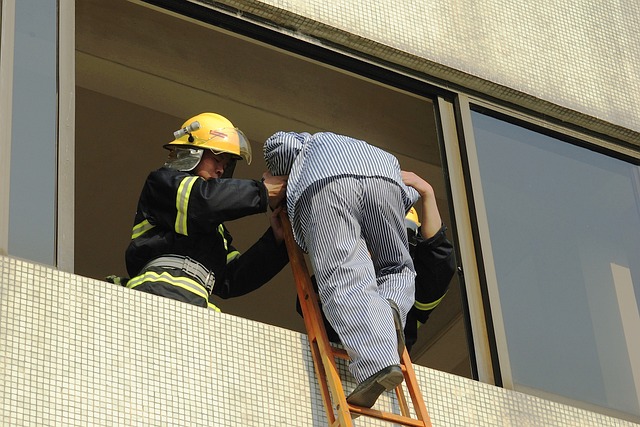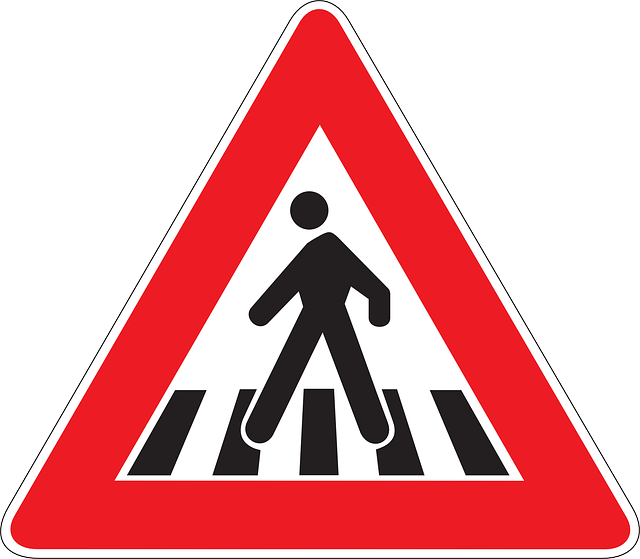Background checks for childcare providers are paramount in safeguarding children. These comprehensive screenings go beyond basic applications to verify caregiver credentials, uncover past misconduct, and ensure industry compliance. By integrating child safety background checks into hiring, daycare facilities maintain secure environments, build trust with parents, and comply with regulations, ultimately protecting young minds.
In today’s digital era, ensuring child safety in childcare settings is paramount. Background checks for childcare providers, or caregiver screening, play a pivotal role in mitigating potential misconduct and enhancing overall facility security. This article delves into the significance of comprehensive background checks, providing insights on implementing effective screening processes, ensuring compliance, and strengthening protection for children under care. By exploring childcare provider screening, daycare worker verification, and industry-specific compliance measures, we aim to safeguard our most vulnerable communities.
- Understanding the Importance of Background Checks in Childcare
- Implementing Effective Screening Processes for Caregivers
- Ensuring Compliance and Enhancing Facility Security
Understanding the Importance of Background Checks in Childcare

Background checks are an indispensable tool in safeguarding children’s well-being within the childcare sector. These meticulous processes go beyond a simple application form, delving into an individual’s past to uncover potential red flags that could compromise child safety. By conducting thorough background screenings, childcare facilities can ensure they hire trustworthy and qualified providers who share the same commitment to protecting young minds.
In the realm of childcare, where vulnerabilities are high, implementing robust screening methods is not just a recommendation but an imperative. Child safety background checks allow facilities to verify caregiver credentials, uncover any history of misconduct or abuse, and establish a level of security that is paramount for parents entrusting their children’s care to others. Compliance with industry standards through regular worker verification ensures a safer environment, fostering trust between providers, families, and the community at large.
Implementing Effective Screening Processes for Caregivers

Implementing robust background checking processes is a cornerstone in preventing misconduct and ensuring child safety within the childcare industry. These checks serve as a critical defense mechanism, allowing facilities to verify the integrity and suitability of potential caregivers. By employing comprehensive screening methods, including child safety background checks, daycare workers’ credentials are meticulously verified against diverse databases, uncovering any red flags that could jeopardize children’s well-being.
Careful scrutiny involves not just criminal history but also education, employment, and reference verifications. This multi-faceted approach ensures childcare facility security by identifying individuals who might pose risks, enabling facilities to make informed decisions. Compliance with industry standards and regulations is maintained through these rigorous processes, fostering an environment where the safety and security of children are paramount.
Ensuring Compliance and Enhancing Facility Security

Implementing thorough background checks for childcare providers is a multifaceted approach to ensuring compliance with safety standards and enhancing facility security in the childcare industry. These rigorous screening processes go beyond mere employment verification, delving into an individual’s history to detect any potential risks or red flags that could jeopardize child welfare. By incorporating child safety background checks into hiring procedures, childcare facilities can maintain a safe environment for young minds.
Compliance with regulations becomes more achievable when daycare worker verification is integrated into the onboarding process. This includes verifying caregiver credentials, checking references, and uncovering any past misdeeds or legal issues that may be relevant to their role in handling vulnerable children. Such proactive measures not only protect children but also hold childcare providers accountable, fostering a culture of trust and responsibility within the industry.
